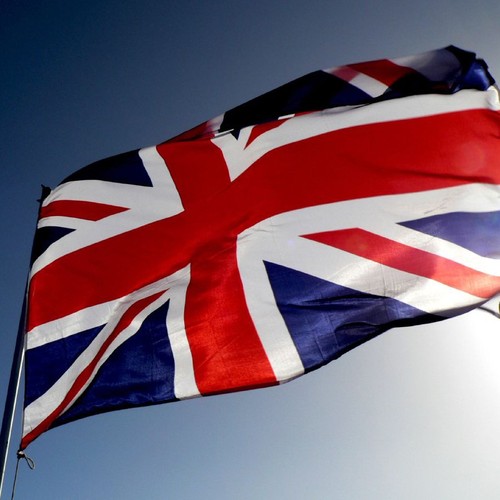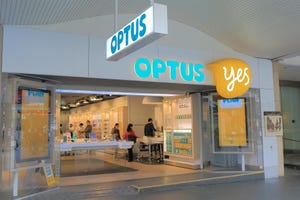Eurobites: UK does its own thing on data
Also in today's EMEA regional roundup: Russia fines Google for data mismanagement; Hyperoptic lands social housing gig in London; emergency video calls enables for UK sign language users.

Also in today's EMEA regional roundup: Russia fines Google for data mismanagement; Hyperoptic lands social housing gig in London; emergency video calls enables for UK sign language users.
The UK government is hoping to somehow strengthen the country's data protection standards while reducing data-related burdens on business with the introduction of its Data Reform Bill. In a familiar rallying cry against the evils of red tape and excessive bureaucracy, the ruling, Brexit-championing Tory party said that its version of the European Union's General Data Protection Regulation (GDPR) will remove GDPR's "prescriptive requirements" that, for example, force some comparatively small businesses to employ a Data Protection Officer and to carry out "lengthy impact assessments." One of the aspects of the proposed legislation that has – perhaps strangely – gathered the most attention is the government's burning desire to get rid of the GDPR-spawned "user consent" pop-ups that, erm, pop up all over websites. However, not everyone is thrilled by the proposals. The Open Rights Group, a digital campaigning organization, used an open letter to the government to condemn the proposed measures as "dangerous," claiming that the plan to scrap the GDPR will remove the protections it currently affords to "women, workers, patients, migrants, ethnic minorities, LGBT communities, and everyone else."
It may not be as serious as invading a foreign country without good reason, but Russia clearly regards failure to comply with local data laws as something worth punishing. As Reuters reports, a Moscow court has fined Google 15 million roubles ($260,000) for repeatedly failing to obey a law requiring technology companies to "localize" user data. It's not the first time that Russia, increasingly on the defensive as it becomes an international pariah, has had a nibble at US tech giants – it has also restricted access to Twitter, Facebook and Instagram.
Hyperoptic, the London-based FTTP Internet service provider, has sealed a deal with Hillingdon Council to upgrade broadband services available to its more than 11,000 social housing units across the borough. The company offers a so-called "Fair Fibre Plan," which enables people on specific means-tested benefits to get access to cheaper rates on its monthly rolling broadband packages.
New rules come into force today in the UK that give sign language users the right to contact the emergency services by a free video call. The rules, introduced by UK communications regulator Ofcom, are supported by new app-based service, called 999 BSL. Previously, people with hearing or speech impairments have been able to contact the emergency services via the text relay system or by sending a text message (SMS) to 999. However, this relies on written English, which can, says Ofcom, lead to misunderstandings for BSL users in emergency situations.
— Paul Rainford, Assistant Editor, Europe, Light Reading
Read more about:
EuropeAbout the Author(s)
You May Also Like












